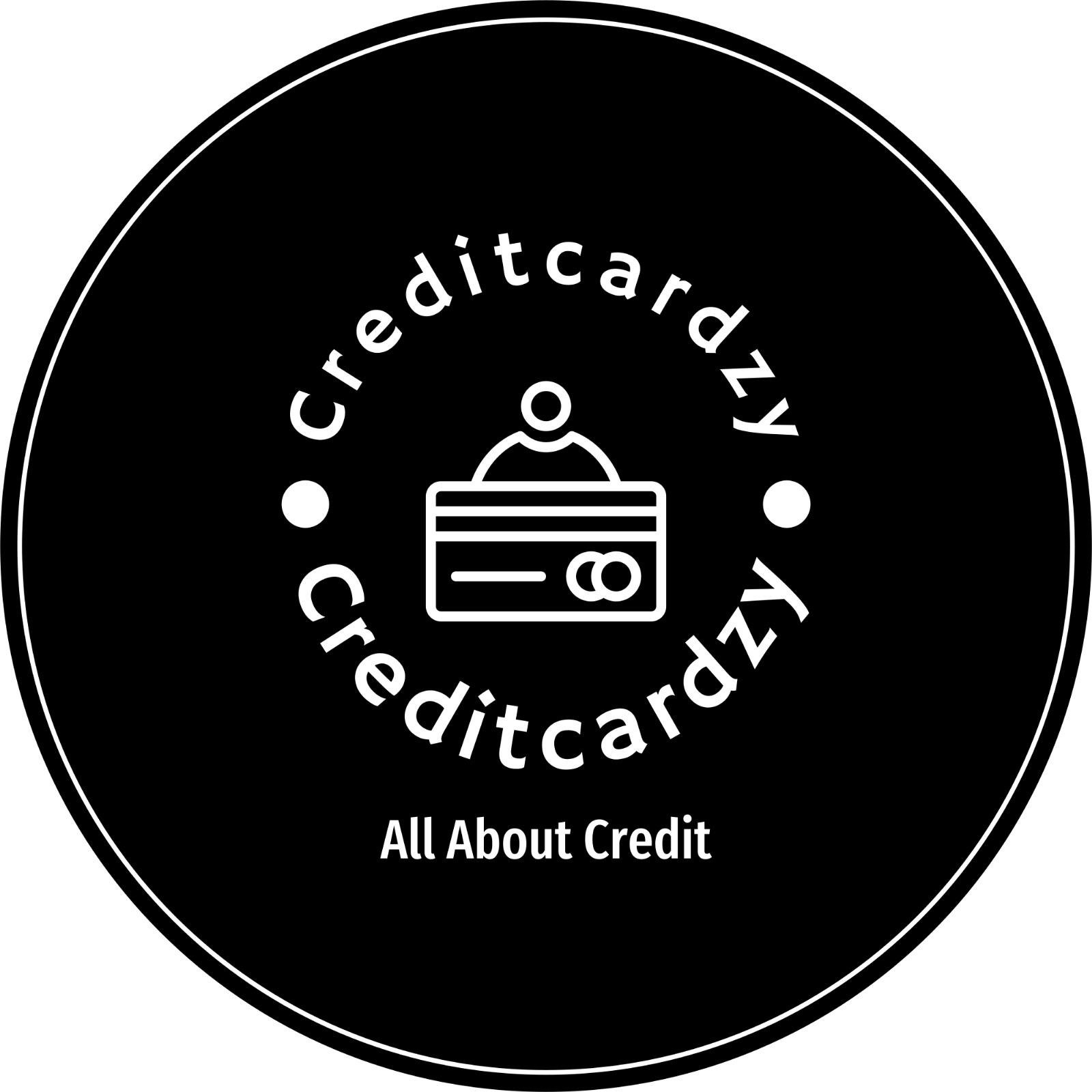Create a budget using apps, card rewards
Household budgets are often seen as a financial tool for times of crisis or economic instability. However, the truth is that budgets are important even during the best of times. Without a budget in place, you’re essentially banking on the idea that every financial decision you make will work out fine. But if you have a budget in place, you know exactly how much you can afford to spend and have the money earmarked to pay your bills each month.
During times of change, having a budget is even more essential. For example, if you lose your job or have a temporarily lower income, you may not be able to make ends meet if you continue to spend like normal. Or, you may not make the best decisions for your money. If you have an old budget that doesn’t reflect changes to your income and expenses, it could cause similar issues.
Many people still shy away from creating a budget, though, as it can seem complicated or too restrictive. But the reality is that it doesn’t have to be. You can create a budget that’s as simple or complex as you want, and there are lots of tools you can use to help keep your budget on track. In fact, you can even use credit cards, rewards points, shopping portals, budgeting apps, and online coupons to help create a budget, save money, and earn bonus dollars. That can help you meet your savings goals and stay under budget.
To create a budget, it’s important to start with your income. Your income is the most important category in your budget. Until you estimate how much you can spend, it’s impossible to create a useful budget. Make a list of the income sources you expect to have, such as monthly salary or wages, retirement income, unemployment income, other government benefits, and any other income you receive.
Once you have your income established, you can break your expenses into the “big four” categories. These categories include housing, transportation, food, and non-mortgage debt. Housing expenses include your monthly rent or mortgage payment, as well as utilities, maintenance expenses, property taxes, home insurance, and renter’s insurance. Transportation expenses include your car payment, auto insurance costs, and the cost of fuel or public transportation. Food expenses include your grocery shopping and dining out expenses. Non-mortgage debt includes student loan payments, credit card debt, and any other debt payments you have.
Don’t forget to calculate other miscellaneous expenses such as child care, cable bills, cellphone bills, entertainment, gym memberships, health insurance and medical expenses, other insurance, tuition, and any other small expenses you have.
Once you have all your income and expenses listed, you can use a spreadsheet program or a budgeting app to create your budget. There are many budgeting apps available that can help you track your spending and stay on track throughout the month.
If your first try at a budget shows more expenses than income, you’ll need to find ways to make up the difference. You might be able to find alternative sources of income to help cover the difference. But just knowing where you stand in the new reality can help you rein in expenses. If necessary, you may make temporary cuts, such as slashing online services or purchases for take-out and dining out.
Another way to stretch your budget is to leverage credit card rewards. Use your credit cards strategically to earn the most rewards points or cash-back bonuses possible. For example, if you have a credit card that offers cash back on gas purchases, you can save money on fuel expenses. Or, if you have a card that provides cash back on grocery store purchases, you can reduce your food expenses each month. Use these rewards points to pay down your credit card debt or to reduce your overall expenses.
Online shopping portals and coupons can also help reduce your monthly expenses. Use shopping portals like Rakuten or Swagbucks to earn cash back or rewards points when you make purchases online. Look for coupons and discounts before making a purchase to save money. However, it’s important to only use these strategies for items you actually need and would buy anyway. Don’t use credit cards or coupons to buy things you don’t need just to earn rewards or savings.
In conclusion, household budgets are important even during the best of times. They provide a clear financial roadmap and help you make informed decisions about your money. Creating a budget doesn’t have to be complicated or restrictive. There are many tools and strategies available to help you create and stick to a budget. By leveraging credit card rewards, shopping portals, and coupons, you can save money, earn bonus dollars, and meet your savings goals. Remember, it’s important to regularly review and update your budget to reflect changes in your income and expenses.

